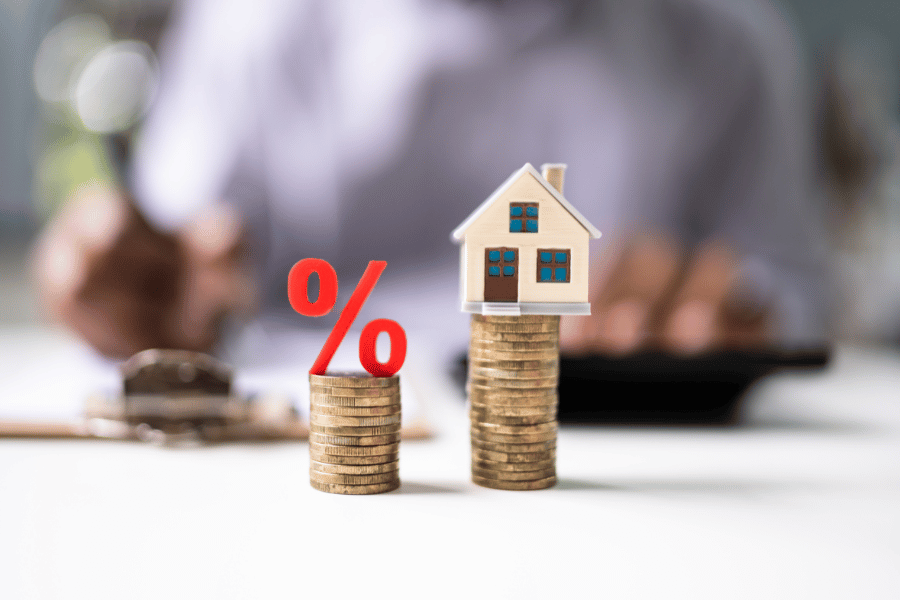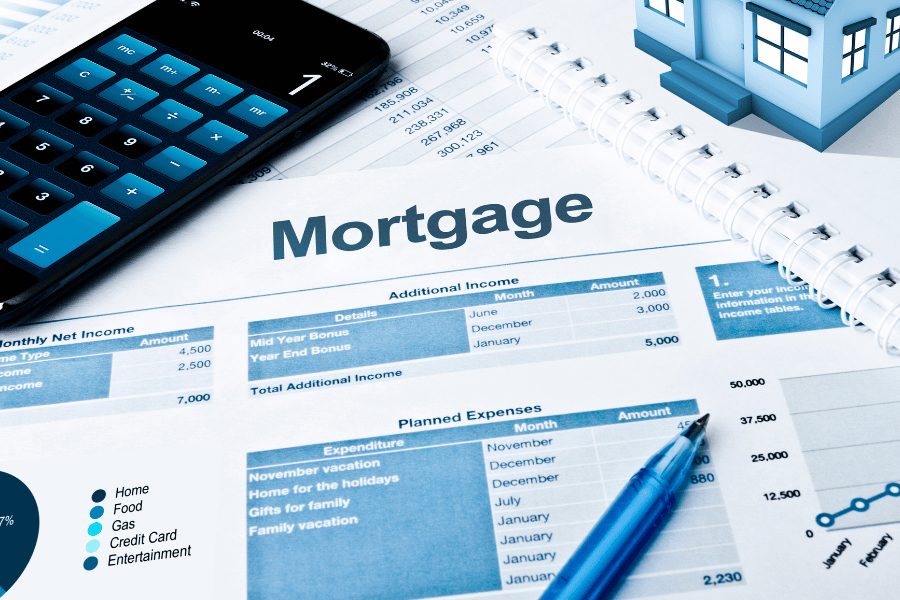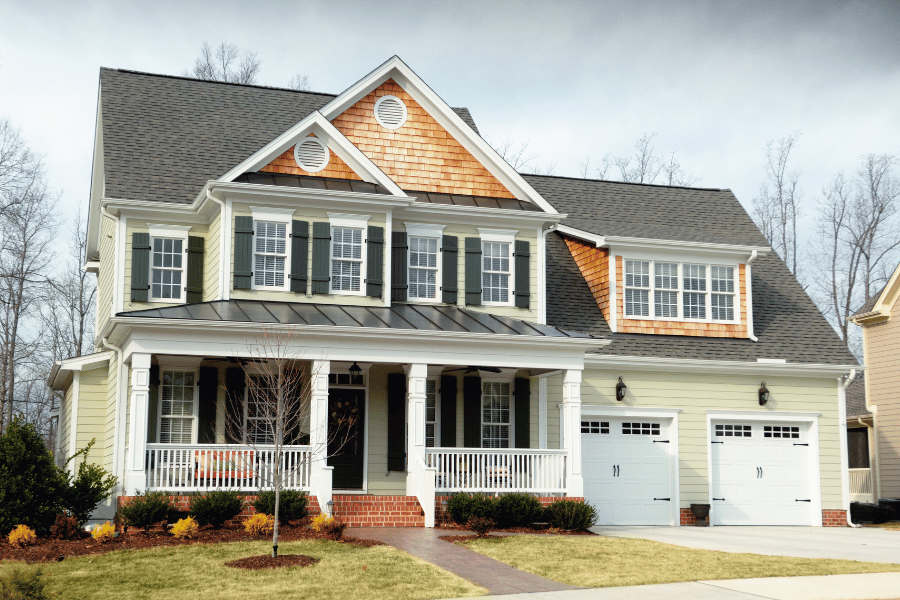North Carolina Mortgage Rates [2024]
![North Carolina Mortgage Rates [2024]](https://raleighrealtyhomes.com/storage/blogs/March2024/8ODOY5yVZtvdgRF6jZBz.png)
North Carolina Mortgage Rates [2024]
Are you a resident or a future resident of North Carolina who wants to know more about the mortgage rates this year? Keep reading to learn more about the mortgage rates in North Carolina for 2024.
North Carolina offers some great savings on the cost of living, which can be used as an advantage for future homeowners. Mortgages and refinance rates in North Carolina have been slowly dropping since 2019, with a few spikes throughout the years.
Obtaining a mortgage and understanding the rates has always been known as a tricky thing to do. The process is long and can be very confusing, sometimes making it hard for buyers to get a mortgage. You should know certain things to help and make the home-buying process easier and more accessible, as well as understand the rates and the changes that happen throughout the year.
Despite all the predictions, mortgage rates have remained high, and home prices have stayed high, making homeownership harder for many people, especially first-time buyers. 2023 was not the year for home buyers, so fingers are crossed that this year is the year, and economists are optimistic that the economy is going to get better.
Home buyers are hoping that in 2024, the home prices will begin to normalize again. The promising sign is that mortgage rates were at an extreme high all throughout 2023 and have seen a slow decline over the past months.
If you are a potential home buyer and want to keep up to date on the trends and information about mortgage rates in North Carolina this year, keep reading to learn more about the rates in North Carolina.
Here is what you should know about mortgage rates in North Carolina in 2024.
Chapters
1. Current Mortgage Rates in North Carolina
As of this month, the current interest rates in North Carolina are 6.625% for 30-year fixed mortgages and 5.99% for 15-year fixed mortgages. According to the NC Realtors, the median home sale price in North Carolina was up 9.4% year-over-year as of January 2024. These numbers, as well as higher mortgage rates, make it a challenge for North Carolina to be affordable.
Many North Carolina homeowners have gotten used to these changes in rates and have much more equity now, which they use as an advantage for financial goals. While the trends are hard to predict in North Carolina, the current trend is for rates to remain above historical laws in the future.
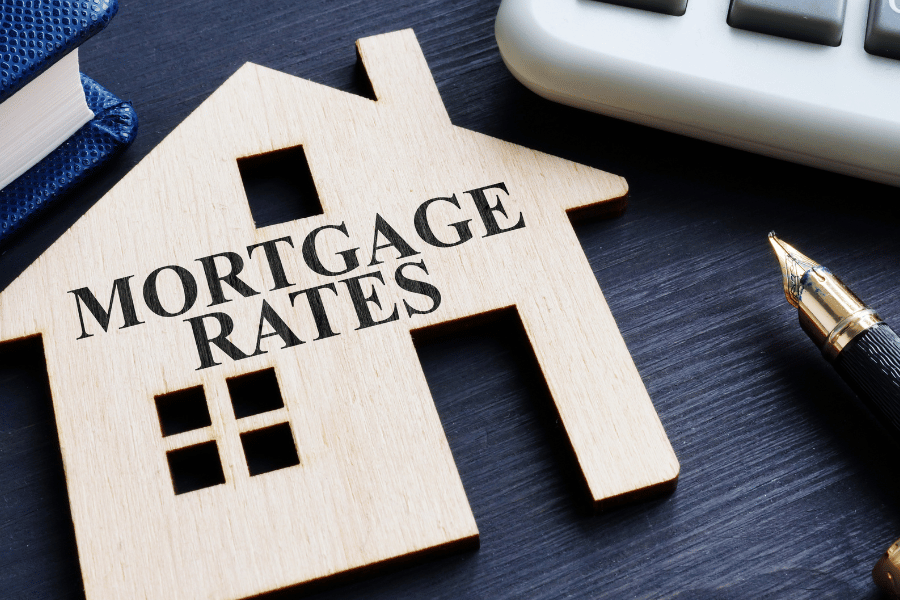
2. Mortgage Statistics for North Carolina
North Carolina's housing market and home values have varied throughout the years, especially from areas like Charlotte to the Triangle, the mountains, and the beach. Here are some statistics about mortgages and the housing market throughout the entire state.
- Median home sales price from January 2024: $306,705
- Housing Inventory from January 2024: 13.9% higher YoY
- Homeownership rate from Q4 of 2023: 65.8%
Sourced from NC Realtors and the U.S. Census Bureau
3. Mortgage Options in North Carolina
Due to many reasons, North Carolina has been attracting new residents at a fast rate, so if you are looking to get a mortgage in North Carolina, here are some options to consider:
- North Carolina Conventional Mortgages: To qualify, you need a minimum credit score of 620 and a debt-to-income ratio of no more than 45%. If you make a down payment of less than 20%, you will need to pay private mortgage insurance premiums as well.
- North Carolina FHA Loans: If your credit history disqualifies you from the conventional mortgage, you might be able to obtain a loan insured by the Federal Housing Administration. If you have a down payment of at least 3.5%, you could qualify for this type of loan with a credit score as low as 580.
- North Carolina VA Loans: If you are a veteran or active duty member, you might qualify for a mortgage guaranteed by the Department of Veterans Affairs. This loan does not require a down payment or mortgage insurance, but you do not have to pay a funding fee, which ranges from 1.25 to 2.25%
4. How to Find the Best Mortgage Rate in North Carolina
If you are a new resident or even a first-time home buyer, it is important to know how to find the best mortgage rates in the area you are living in. Here are some simple steps to help you get ready to find the best rates in North Carolina.
- Strengthen your credit score. Before you look for a mortgage lender or apply for a loan, you need to check your finances and improve your score if it is required.
- Determine your budget. To find the right mortgage for you, you need to know how much you can afford and what kinds of houses will be in that budget.
- Know your mortgage option. Everyone has many different types of mortgage options, so make sure you find ones you can qualify for that will help you.
- Compare rates and terms from many lenders. Researching different lenders for at least three different banks or mortgage companies can help you find the perfect one that meets your needs.
- Get preapproved for a mortgage. Getting a mortgage preapproval is the only way to get accurate loan pricing for your specific situation because everyone is different.
Estimate your monthly mortgage payment with a mortgage calculator.

5. First-Time Homebuyer Programs in North Carolina
The North Carolina Housing Finance Agency helps connect people who are first-time home buyers to low-interest mortgages or no-interest down payment options. Here are some options for you if you qualify for these:
- North Carolina Home Advantage Mortgage: A fixed-rate mortgage for borrowers with a credit score of at least 640 and an income of no more than $134,000 and can be used for single-family homes, duplexes, townhomes or condos and can be coupled with forgivable down payment assistance up to $15,000
- North Carolina Home Advantage Tax Credit: A mortgage credit certificate can allow a borrower to claim a federal tax credit for 30% of the mortgage interest every year and up to $2,000
Keep in mind there are many things you can apply for and qualify for to help get a mortgage. Mortgages seem scary at first, but once you get the hang of it or have a professional to help you, you will easily be able to qualify and get the mortgage that fits you so you can get a home that you can afford.
6. Mortgage Rates Are Increasing
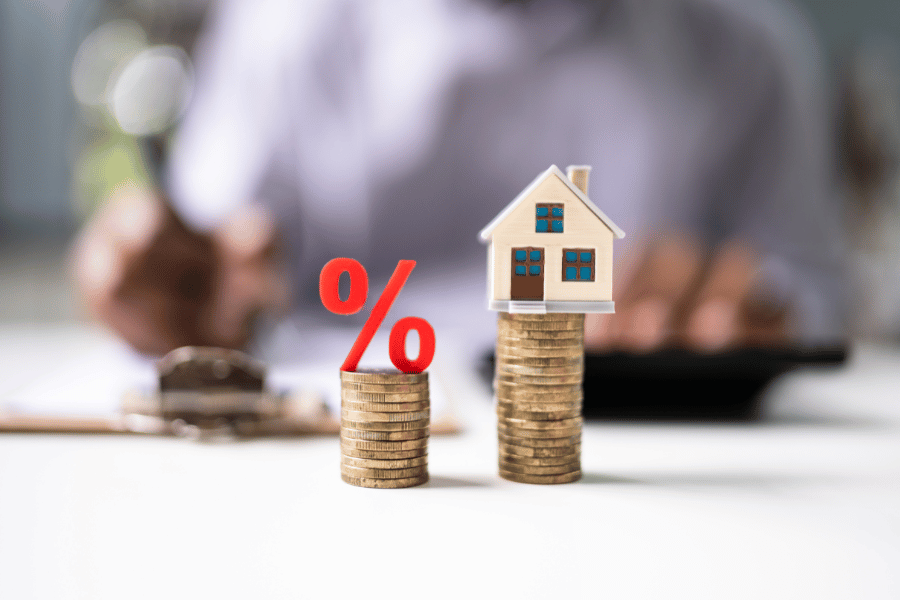
As rates are increasing, buyers need to qualify for higher loan amounts to get a mortgage. Rising mortgage rates make it more difficult for buyers to afford a home and put a dent in the home-buying process that no one wants to go through.
However, even though rates are high and increasing, there are other ways to qualify for a mortgage. Purchasing a home that is less expensive or paying a more significant down payment is the most popular option to take to help this issue. There are always going to be challenges, but these are the best ways for you to get around getting a mortgage.
On the other hand, if you are trying to get a mortgage, it may be in your best interest to work with a trustworthy agent to find a home that is within your budget because being more realistic with your costs can help you get the mortgage for the home of your needs. Not everyone can buy their dream home, so be flexible.
7. Getting a Mortgage
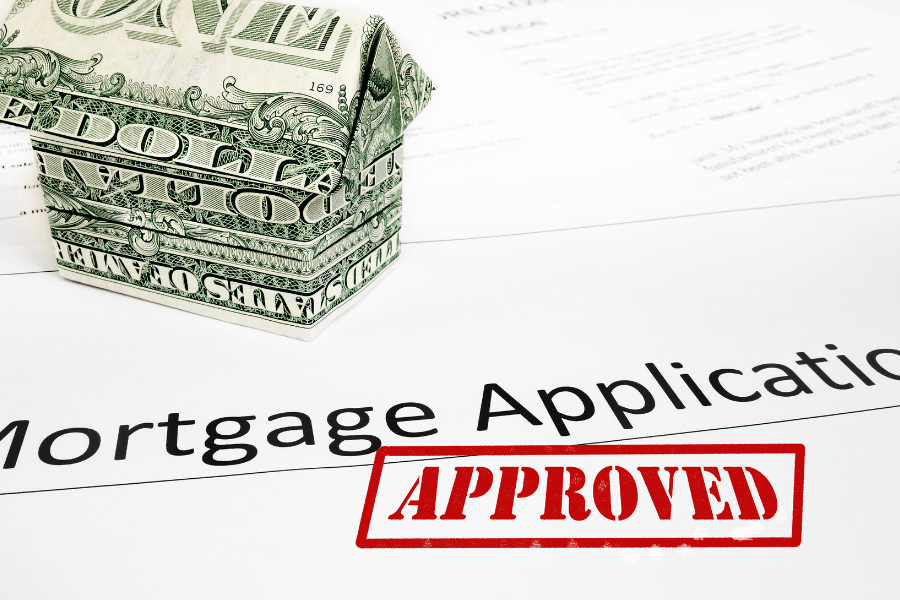
Despite the challenges posed by current interest rates and lender requirements, it is still possible to obtain a mortgage. Buyers may need to take additional steps to increase their chances of approval, but with effort and perseverance, it can be done.
Here is an overview of some things you may do to make getting approved for a mortgage easier. There are many resources to use to help you.
- Getting pre-approved
- Having a larger down payment
- Fixing your credit score/financial history
- Look for financial programs
- Consult with a professional
You also need to be aware of mortgage insurance or private mortgage insurance and whether you need it. These two have many differences, and they can be hidden costs.
Mortgage Insurance
Mortgage insurance is in place to protect the lender if the homeowner stops making payments on the home. The lender assumes that there is a risk with the buyer, especially if they put under 20% down. If that happens, the lender uses the funds they have collected from the mortgage insurance payments to use towards the purchase of the home.
Private Mortgage Insurance (PMI)
If private equity provides the insurance, it is called private mortgage insurance or PMI. An FHA or USDA loan always requires mortgage insurance, even if they put in more than 20%. With a conventional mortgage, the lender will require the buyer to pay for private mortgage insurance if they put less than 20% down.
However, a VA loan does not require mortgage insurance, but it requires a "funding fee," which is a one-time payment made by the borrower. The Department of Veterans Affairs backs the VA loans, so the funding fees protect them if the borrower can not repay the loan.
Methodology
We used information and data from different sources to determine what the North Carolina mortgage rates are and options for mortgages in the state. There were various data to use, and we put them all together to find out the trends.
Those are some sources that we used to gather our information about North Carolina mortgages and rates.
FAQS
What are North Carolina's mortgage rates as of 2024?
As of this month, the current interest rates in North Carolina are 6.625% for 30-year fixed mortgages and 5.99% for 15-year fixed mortgages. The median home sale price in North Carolina was up 9.4% year-over-year as of January 2024
Why is it so hard to get a mortgage today?
Because of the home prices and high interest rates, they are pushing up monthly payments, making it harder for buyers to get a mortgage to start.
Why is getting a mortgage so complicated?
Mortgage lenders have become much stricter with their requirements, which makes it more difficult and confusing for buyers to qualify. In the past, borrowers could get approved with lower credit scores, but now they require at least a 700 credit score and a down payment of about 20%.

North Carolina Mortgage Rates [2024] - The Bottom Line
If you're planning to buy a home, it's important to understand the impact that home prices and interest rates will have on your decision. These two factors play a crucial role in determining whether you can afford to purchase a home and whether it's the right time to do so. However, it's essential to note that no one can predict with certainty what will happen to interest rates or the housing market.
Homebuyers are optimistic that by 2024, home prices will start to stabilize again. Encouragingly, mortgage rates were at an all-time high throughout 2023, but in recent months, they have gradually started to decrease.
It has been challenging for many people, particularly first-time buyers, to become homeowners due to the high mortgage rates and home prices that have persisted despite earlier predictions. It's disappointing to hear that the situation did not improve in 2023. However, we are optimistic that this year will bring some much-needed change as economists are hopeful about the economy's improvement.
If you are considering moving or selling, contact us or visit our website. Our team at Raleigh Realty is here to help you with any home buying or selling needs.

Ryan Fitzgerald
Hi there! Nice to 'meet' you and thanks for visiting our Raleigh Real Estate Blog! My name is Ryan Fitzgerald, and I'm a REALTOR® in Raleigh-Durham, NC, the owner of Raleigh Realty. I work alongside some of the best Realtors in Raleigh. You can find more of my real estate content on Forbes, Wall Street Journal, U.S. News and more. Realtor Magazine named me a top 30 under 30 Realtor in the country (it was a long time ago haha). Any way, that's enough about me. I'd love to learn more about you if you'd like to connect with me on Facebook and Instagram or connect with our team at Raleigh Realty. Looking forward to connecting!
Related Blogs
